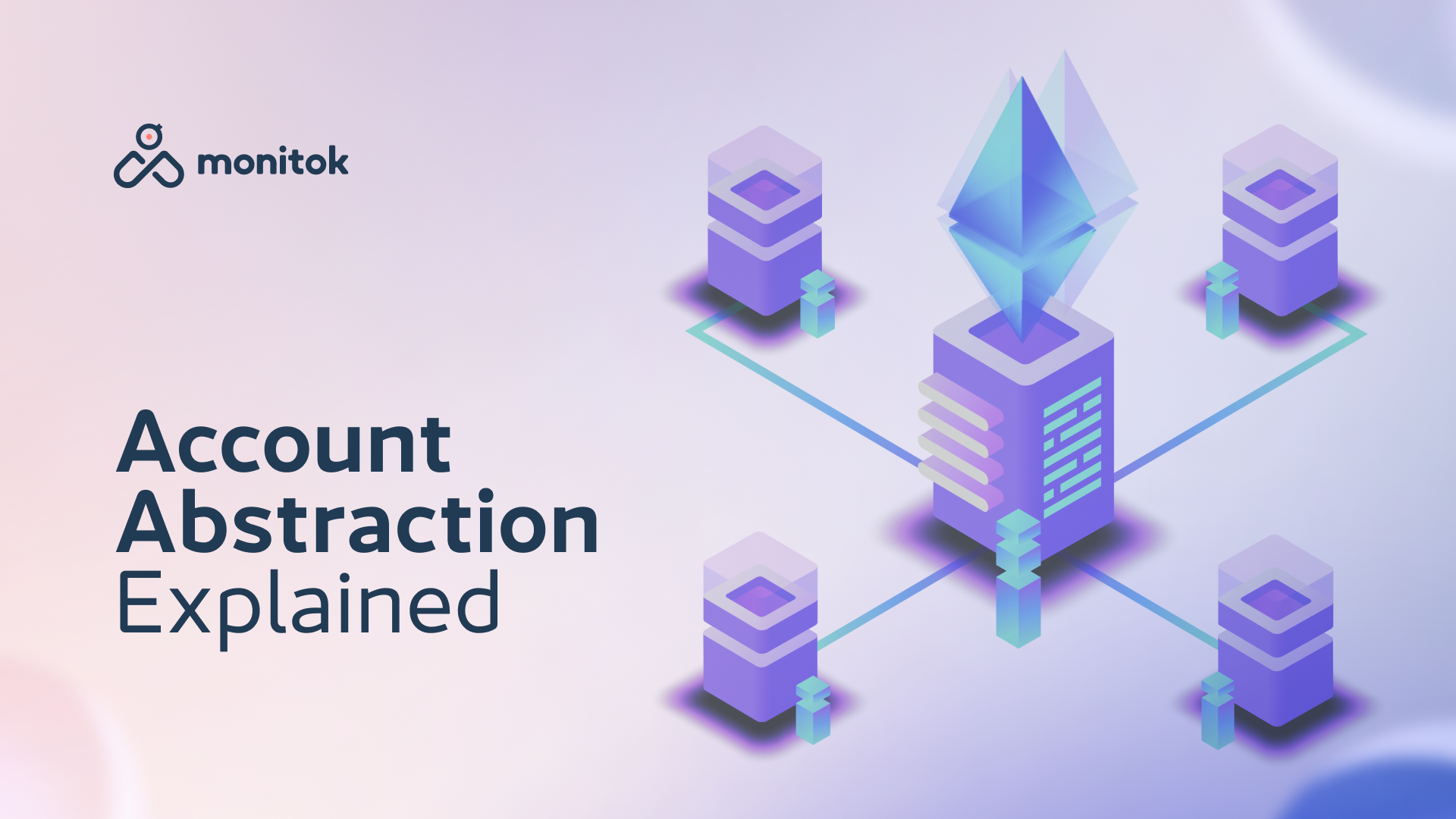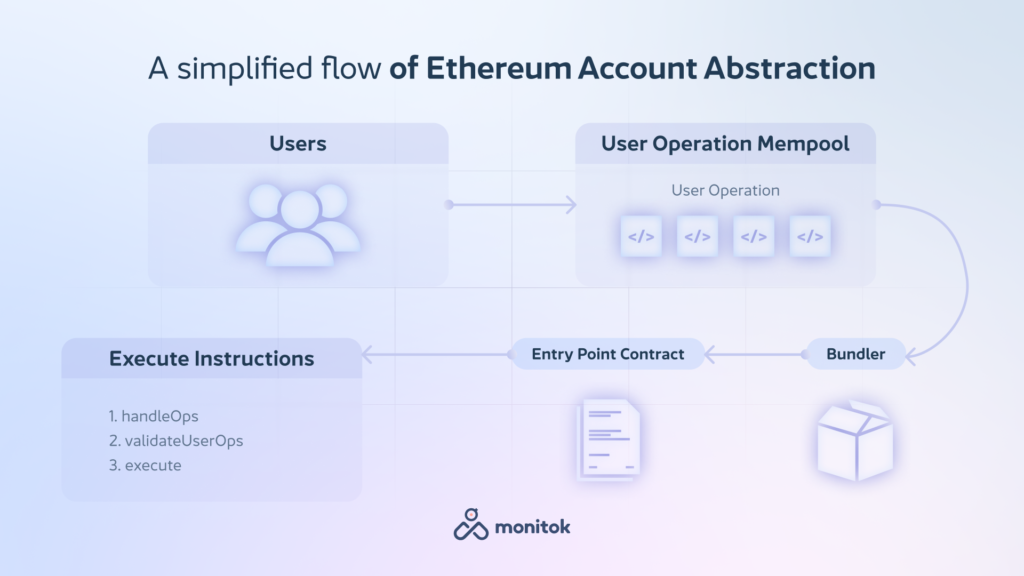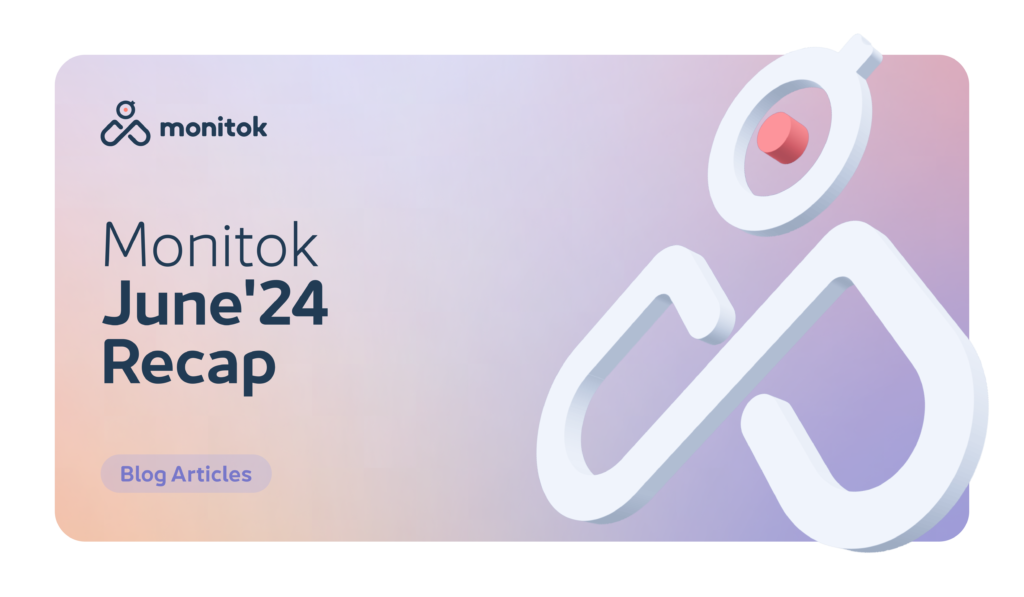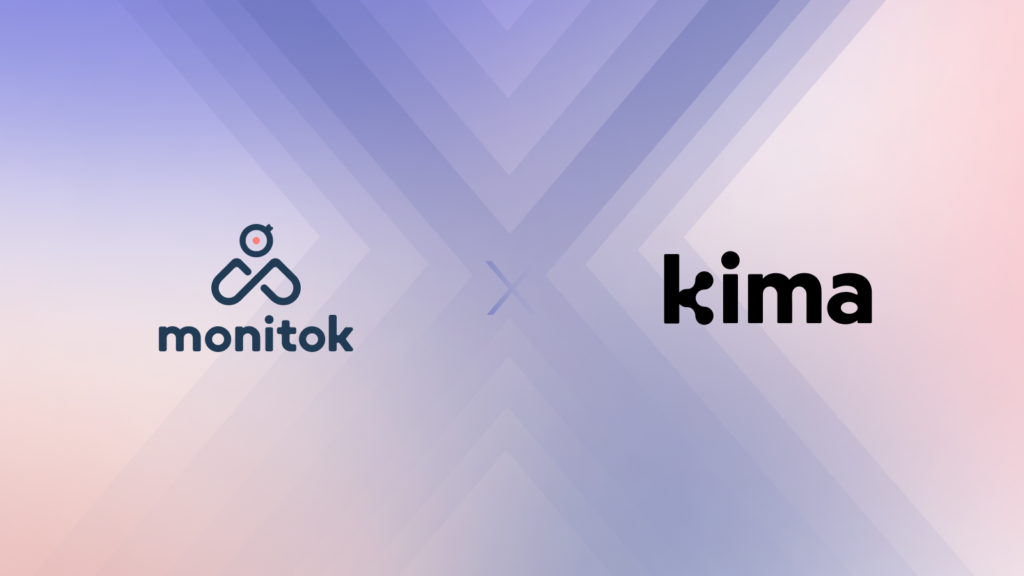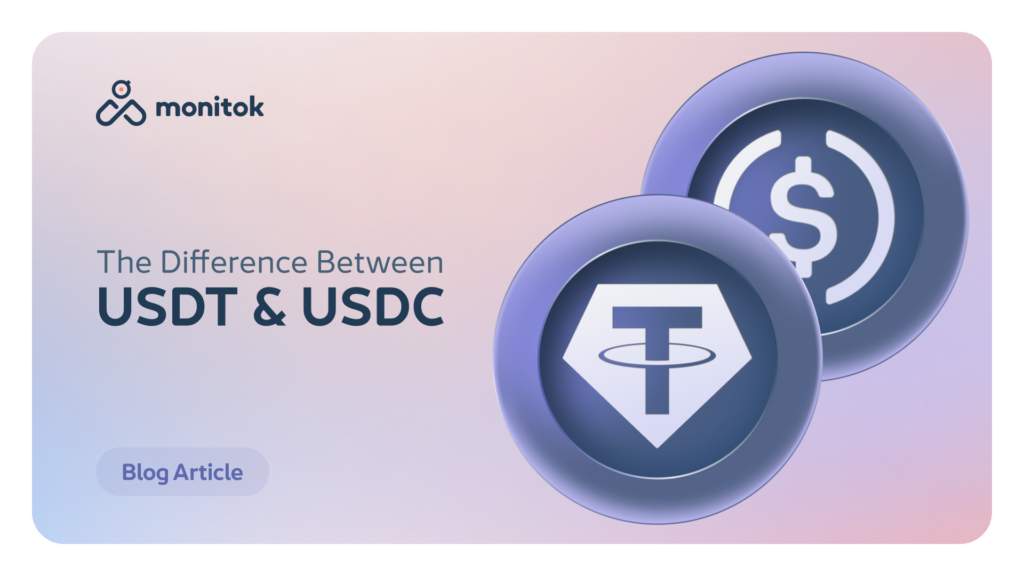Account abstraction is an innovative concept in the Ethereum blockchain, aiming to simplify the interaction between users and their wallets by treating all accounts as smart contracts. This approach merges the capabilities of externally owned accounts (EOAs) with those of smart contracts, enabling more flexible and user-friendly operations. Put more simply, it is the ability to use smart contracts to manage funds without requiring users to transfer control of their funds to the smart contract.
Externally Owned Accounts (EOAs) and Its Drawbacks
An externally owned account (EOA) is an account controlled by a cryptographic keypair and is most commonly referred to as a wallet. A key pair consists of a public key (A.K.A. public address) and a private key.
Traditionally, blockchain transactions involve two types of accounts: EOAs and contract accounts.
EOAs, controlled by private keys without associated code, face several drawbacks, such as security risks if private keys are lost or stolen, lack of recovery options, and limited functionality that requires manual transactions with smart contracts. These issues result in poor scalability, high gas fees during congestion, and an inadequate user experience. Additionally, EOAs cannot execute conditional logic, limiting their practicality and necessitating alternatives like account abstraction for enhanced flexibility and automation.
For example: MetaMask, a common browser-based wallet is an EOA. It does not have the ability to program smart contracts onto it, therefore, limiting its usage to application interactions where users give up control of their account. Whereas contract accounts can deploy smart contracts, improving the wallets functionality and customization.
And how do we solve these problems? With account abstraction.
What is Account Abstraction (ERC-4337), and How It’s Different from EOAs
Account abstraction is a blockchain technology that allows users to use smart contracts as their accounts.
Account abstraction, particularly through the ERC-4337 standard, addresses the issues of EOAs by allowing accounts to be represented as smart contracts. This shift enables accounts to execute complex operations, like automated transactions and recovery methods, without sacrificing security or decentralization.
So, how is account abstraction different from EOAs?
EOAs and account abstraction differ significantly in handling user interactions on the Ethereum blockchain. EOAs are limited to basic transactions and require separate smart contracts for advanced functions, operated solely by private keys. Account abstraction, however, allows accounts to operate like smart contracts, integrating automated operations, enhanced security with recovery options, and flexible transaction management. This approach simplifies the blockchain user experience, increases security, and improves efficiency, making it more accessible and versatile.
How Does Account Abstraction Work?
Account abstraction simplifies transactions by enabling users to initiate actions without directly interacting with the blockchain’s more technical aspects. For example, it allows transactions to be approved or executed in batches, and smart contracts can automate these processes, enhancing user experience and efficiency.
More technically explained, ERC-4337 introduces a streamlined process for managing transactions on Ethereum by allowing users to create a “UserOperation”, which details their intended actions and includes their digital signature. This operation is sent to a bundler, who verifies it against the user’s smart wallet contract to ensure it conforms to the predefined rules and is properly authorized. Once verified, the bundler pays the gas fees and submits the operation to the EntryPoint, a special contract that acts as a central processor for these transactions. The EntryPoint then executes the transaction on the blockchain. If the transaction fails, for reasons such as insufficient gas, the EntryPoint handles the failure according to set protocols, which might include retrying with adjusted fees or returning an error, thereby enhancing transaction flexibility and user experience on Ethereum.
Account Abstraction Benefits
- Wallet Recovery: Users can recover access to their wallets without a seed phrase, leveraging other authentication methods.
- Batch Transactions: Approve or execute multiple transactions simultaneously for efficiency.
- Account Freezing and Locking: Enhance security by temporarily disabling account operations.
- Set Transaction Limit: Control spending by setting limits on transactions.
- Pay Gas Fees on Behalf of Someone: Facilitate transactions for others by covering the gas fees.
- Automated Transitions: Schedule or trigger transactions based on predefined conditions.
- Shared Wallets: Multiple users can control a single wallet, useful for families or teams.
Examples of Account Abstracted Wallets
These wallets leverage the concept of account abstraction to various extents, either fully adopting the ERC-4337 standard or incorporating key features like smart contract-based operations and enhanced security measures.
- Monitok: Monitok is a prominent example of an account abstracted wallet. It focuses on reducing the friction of using Ethereum apps by allowing users to interact without needing to pay gas fees for every transaction, implementing a ‘meta transaction’ approach where transaction fees can be batched or paid in supported tokens.
- Argent Wallet: Argent is an account abstracted wallet that uses smart contract wallets to enable features like wallet recovery without seed phrases, daily transfer limits, and “guardians” who can help recover access to the wallet.
- Authereum: Authereum is another wallet that integrates account abstraction for improving user experience. Like Monitok, it also focuses on batching transactions and reducing the gas fees.
- Loopring Wallet: Leveraging zkRollup technology for high-speed and low-cost transactions, Loopring Wallet employs account abstraction to offer users recoverable accounts, flexible fee payment options, and multi-signature security features.
- Gnosis Safe: Although primarily a multi-signature wallet, Gnosis Safe utilizes account abstraction by allowing transaction approvals from multiple devices or individuals, thus decentralizing control and increasing security.
- MetaMask Institutional: While MetaMask itself is traditionally not an account abstracted wallet, the institutional version offers features that move towards account abstraction, like policy controls and additional layers of security suitable for organizational use, integrating with smart contract capabilities.
Account abstraction represents a significant leap forward in making blockchain technology more user-friendly and versatile, promising to accelerate adoption and innovation within the Ethereum ecosystem and beyond.
Frequently asked questions
Why is Account Abstraction Important?
Account abstraction significantly enhances the usability and security of blockchain transactions, making them more accessible and versatile for users.
How Can Account Abstraction Help with Gas?
Account abstraction can significantly enhance gas management by allowing transactions to be batched together, reducing the total gas needed. It also enables sponsorship of gas fees, where third parties can pay the gas costs, making it easier for new users to join without upfront costs. Additionally, smart contract wallets can automate and optimize gas payments, executing transactions when gas prices are lower, and simplifying the process for users.
How to Try Account Abstraction?
Interested users can explore account abstraction by using wallets like Monitok and services that support the ERC-4337 standard, offering a more intuitive and flexible user experience.
What is an Externally Owned Account?
An Externally Owned Account is a blockchain account controlled by a private key, without the capability to run smart contract code, primarily used for sending transactions and holding assets.
